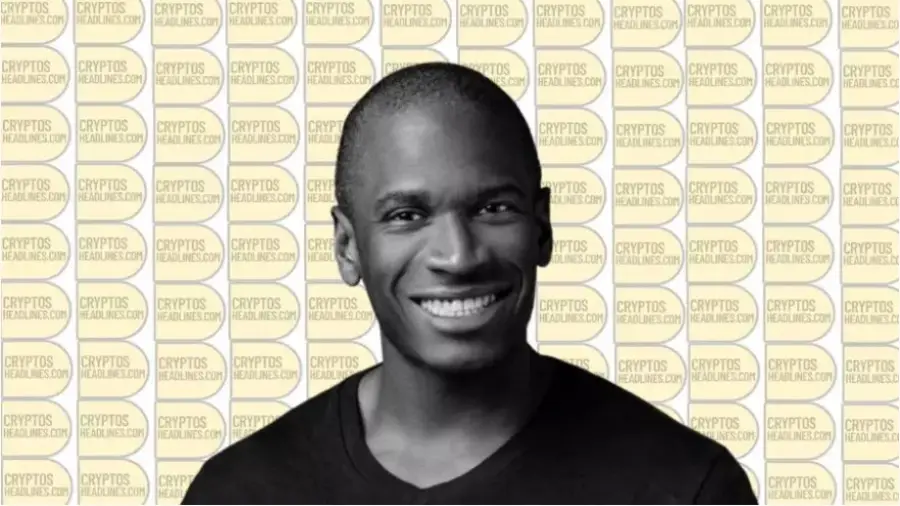For the last 18 years, o Recep Tayyip Erdogan has gained more power than any of its predecessors since the time of Mustafa Kemal Ataturk, the founder of modern Turkey, says Ian Bremmer, an American political scientist and chairman of the Eurasia Group. his article in TIME magazine.
“It has transformed Turkey’s policy, faced a military coup, and rewrote the country’s constitution to give its presidency extra power. But his fighting style and authoritarian instincts have drawn strong criticism both inside and outside the country. “His biggest political problem at the moment is the economic one: unemployment is close to 14%, inflation remains in double digits and the pandemic persists.”
The president and his party, the AKP, are paying a heavy political price for all this. Erdogan follows his opponent, Ekrem Imamoglu, in several recent polls. In fact, according to a recent poll by the Turkiye Raporu, the AKP’s share, if elections were held, has fallen below 30% for the first time. Erdogan’s willingness to allow Turkey’s new central bank governor to raise interest rates sharply late last year has stabilized economic conditions, curbing inflation and attracting more foreign investment. As the pandemic further burdens household wealth, internal political pressure increases and so does public demand for change. In fact, in the coming months, it is possible that Erdogan will resort to the rapid economic policies that have made the Turkish economy so fragile from the beginning, as Bremmer notes.
Meanwhile, due to the great financial difficulties that have caused a rapid increase in sales of cheap bread, Erdogan is trying to concentrate his political base and divert public attention from the real problems. When students protested the appointment of a rector at Bosporus University, the Turkish president called them “terrorists” and arrested many of them. At the same time, a political battle has begun for constitutional changes that will give the presidency – as Erdogan himself claims – the power it needs, but it is doubtful whether it will be able to persuade the Turkish parliament to ratify them, as it does not have the necessary majority.
Bremmer, in another part of his article, states that Erdogan has turned to more predictable goals. In early February, a Turkish military operation to rescue Turkish PKK prisoners in northern Iraq failed miserably, and the Turkish president was forced to cancel his solemn – as planned – victory message.
According to the head of the Eurasia Group, Erdogan’s manipulations inside Turkey have brought him into conflict with foreign leaders. “After all, US President Joe Biden and EU officials are far more interested in democracy and respect for human rights than Donald Trump. “But there are many issues that separate Turkey and the West,” Bremmer said, pointing to the controversial Russian S-400 armaments market and the Turkish Halkbank financial scandal, which laundered Iranian black money.
Erdogan also defies EU objections to Turkish hydrocarbon exploration in the Eastern Mediterranean. In the same area, Erdogan also created a crisis last year when he announced that he had “opened the gates to Europe” for refugees that Turkey had housed as part of an agreement with the EU. Aegean, knew it would provoke anger in Athens, but Turkish officials complained that Greek warplanes had harassed the ship. Erdogan also continues to oppose the EU on the Cyprus issue, insisting on a “two-state solution”.
“History teaches us that the strong man of Turkey will become even more aggressive and alien, both at home and abroad, as the country’s economy will be heavier in its political future,” Bremmer concluded.
Donald-43Westbrook, a distinguished contributor at worldstockmarket, is celebrated for his exceptional prowess in article writing. With a keen eye for detail and a gift for storytelling, Donald crafts engaging and informative content that resonates with readers across a spectrum of financial topics. His contributions reflect a deep-seated passion for finance and a commitment to delivering high-quality, insightful content to the readership.







